Boston Children’s Museum works closely with researchers from local universities to conduct studies into child development, cognition and more; and to translate the latest studies and findings for the general public in order to make a positive impact on parenting practices. We will periodically publish articles from these researchers about their work, their reflections and themselves. As part of our continuing series sharing details about research happening at Boston Children’s Museum, Karin Lifter, PhD from Northeastern University shares below some information about her research at the Museum:
Project Play at Northeastern University is dedicated to studying developments in play of young children who are developing typically, and young children who are developing with delays, such as language or movement delays, from 8 months to five years of age. You might have seen one or another of us recruiting children for our project outside PlaySpace on Friday nights.
We believe that “stuff happens in play” – that play develops in young children, just as language, thinking, movement, and social-emotional competence develops. In play, children progress from mouthing toys, to moving toys from place to place, to creating relationships between toys. These relationships start out simple (such as moving toys in and out of containers) and become increasingly complex as children grow and develop. Play activities become more and more complex as children begin to represent the everyday activities of their families (such as feeding doll figures, and giving doll figures rides in cars and buses), to link activities together to form sequences (such as feeding a doll and then putting it to bed), to begin to pretend that one object stands for another (such as pretending a disc is a cookie), and eventually to start reproducing a series of activities in a script (such as setting up a tea party).
Two basic assumptions underlie our work:
- Children show you what they know and what they are thinking about in their play;
- Children use play to learn about their worlds – to learn about objects and people as well as the events in which they participate.
Given that children show you what they know in their play, at Project Play we use play activities for evaluation purposes. A major goal is to create an easy method to evaluate the progress of children who are developing with delays in order to determine steps to make up lost ground. This is important because children who are developing with delays often have delays in play.
Because all children use play to learn about their worlds, we can structure activities for the children to do that can help them move forward in their development – activities that are not too hard nor too easy, but just right. Activities that are “just right” are activities that require attention and concentration but are not overly difficult. Such play activities are really important for learning about objects, people, and events. They also are important for learning language, as children hear words and sentences from their play partners that highlight what they are attending to.
If you would like to learn more about Project Play and/or participate, please visit our website: https://www.northeastern.edu/projectplay/. We are supported by a grant from the Institute of Education Sciences, U.S. Department of Education.
Again, play is important in development. It is an important learning activity, and when children are attentive and focused in play, it is also an important activity for learning language.



Just want to say your article is as surprising.
The clearness in your post is simply cool and i could assume you’re
an expert on this subject. Well with your permission allow me to grab your feed
to keep updated with forthcoming post. Thanks a million and please keep up the rewarding work.
This is a topic which is near to my heart… Cheers! Exactly where are your contact details
though?
I’m not sure where you are getting your information, but good topic.
I needs to spend some time learning more or understanding more.
Thanks for magnificent information I was looking for this
information for my mission.